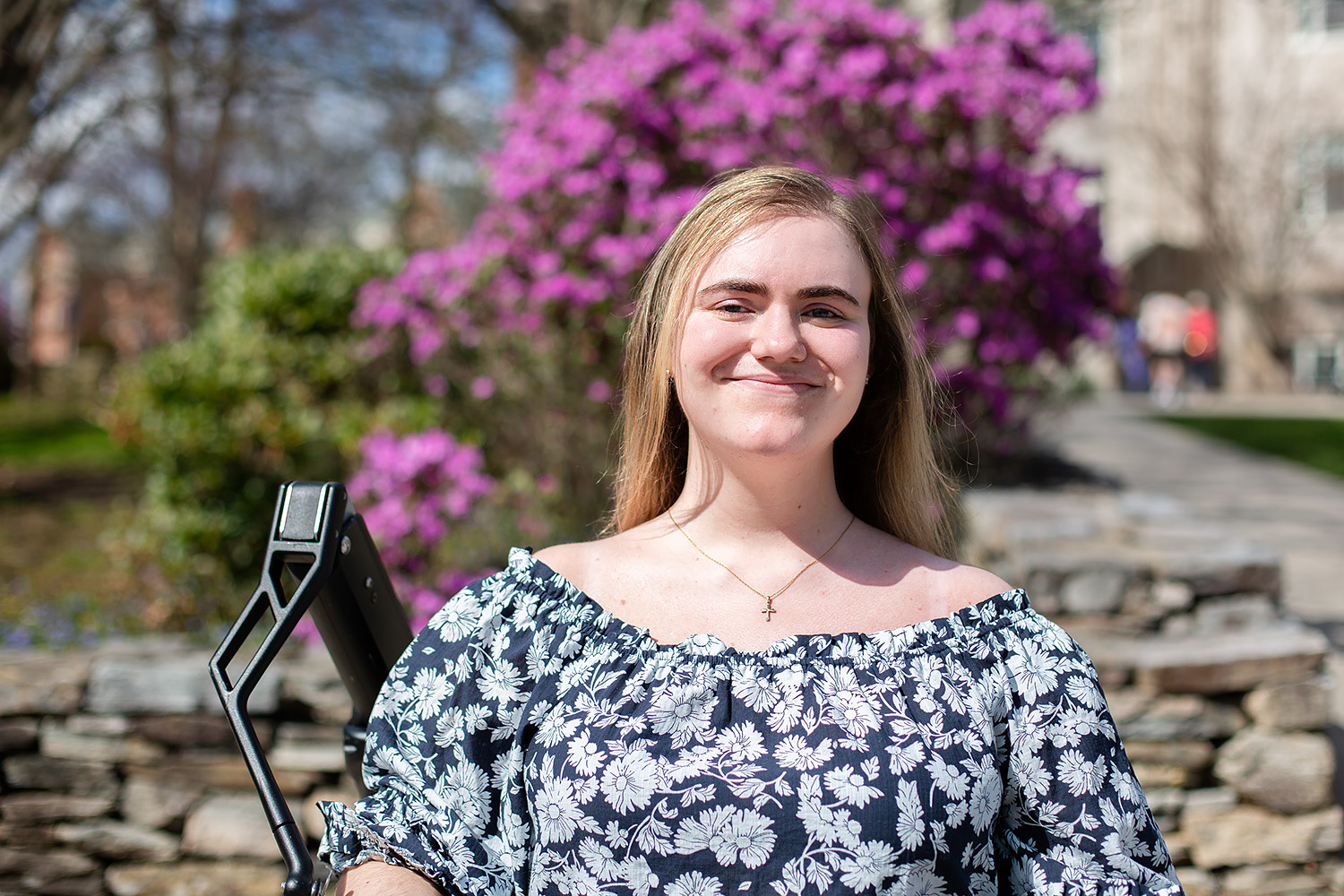UConn Law Professor Jamelia Morgan’s paper “Rethinking Disorderly Conduct” has been accepted for the 2020 Harvard/Stanford/Yale Junior Faculty Forum, to be held virtually this summer.
The prestigious conference for newly appointed law faculty is usually held in person, but will be conducted via teleconferencing this year because of the COVID-19 pandemic. The dates have not yet been selected.
Morgan argues in her paper that disorderly conduct, a minor charge usually connected to unruly behavior, is not simply about regulating and responding to signs of social and physical disorder. Disorderly conduct laws and their enforcement, she writes, also set boundaries for what is considered normal and good, and therefore reinforce established hierarchies of race, gender, disability, and class.
Presenting her argument from both historical and contemporary perspectives, Morgan places disorderly conduct statutes among a number of laws that regulate minorities in public spaces and manage who can access and remain free from disturbance in those spaces. By recognizing this exclusionary result of disorderly conduct laws, she writes, people can begin to challenge enforcement decisions that purport to take place on behalf of “the community” and to push for approaches to public safety that include the interests of all members of the community.
Morgan joined the UConn Law faculty in 2018 after serving as a staff attorney with the Abolitionist Law Center in Pittsburgh and as the Arthur Liman Fellow at the American Civil Liberties Union’s National Prison Project. In addition to its presentation at the forum, her paper has been accepted for publication in a forthcoming issue of the California Law Review.



